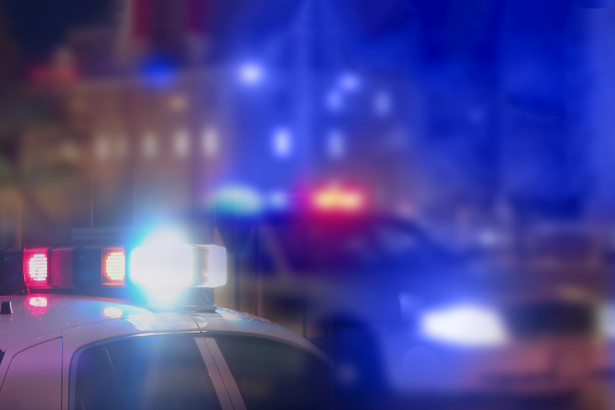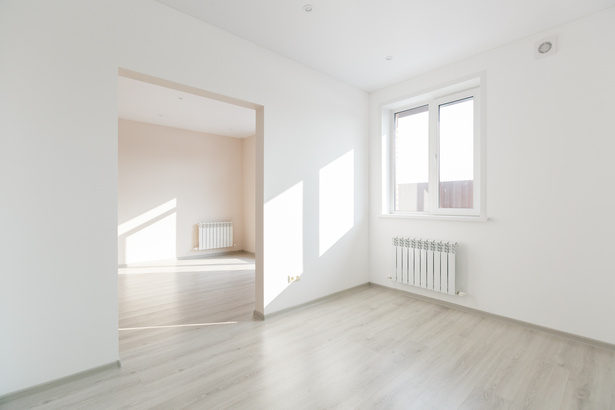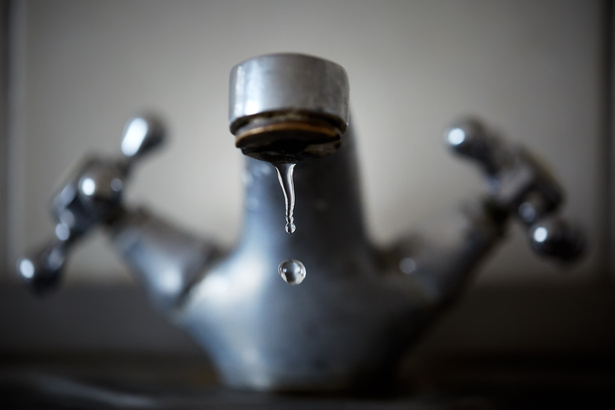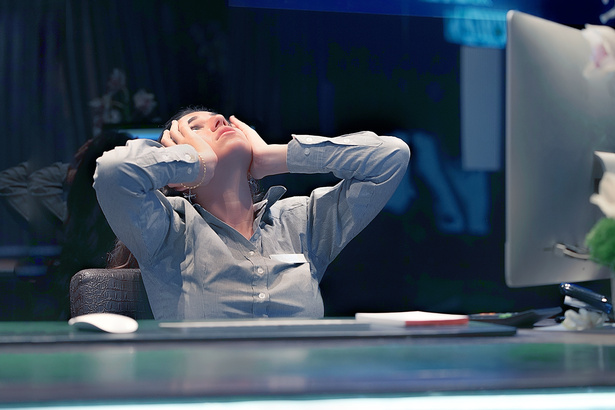In your search for the perfect apartment, it's easy to get distracted by the things you see immediately. The size, the paint and carpeting, the number of bedrooms, the view, and the list goes on. But if you're not careful to have a list on hand with the things that really matter when it comes to how comfortable, convenient, and safe it will be to live there, you'll be ill-prepared to make your choice. Many renters have renter's remorse once they've signed the lease and lived in their new apartment for a couple of months.

So, should you automatically know what you're looking for? No, of course not. It takes some thinking about what details matter when it comes to the physical aspects of your apartment, as well as the surrounding area. Some of these might be obvious, while others you may not have ever thought of (until it was too late). We've assembled a list of key factors that should play a role in your apartment search. Here's our comprehensive list that should have the vital aspects covered. If you go down this list, you should be well-poised to make a good choice.
1. How Safe is the Area?

You may have found a pretty apartment that looks great inside and out, but if the surrounding area isn't safe, it's not worth the risk. Don't think that just because the area looks nice and safe, it's actually low on crime. You want to be able to enjoy local shops, and restaurants, as well as walk to and from your apartment without worry. Check on the area's crime statistics, as well as the most common types of crime, and make your decision wisely. Also, make sure you know how safe it is during daytime and nighttime hours. If it seems calm during the day, it could be very different during nighttime hours.
2. How Effective are the Entry Door Locks?

Your apartment is only as safe as the entry door. If it's a keypad, buzzer, or electronic lock, see if you can test it with the landlord present. If it is key access only, ask the landlord if you can try the key. Can you just pull the door open with enough effort because the strike plate and lockset are old? Also, you can sit in your car outside the apartment building and watch people go in and out. If the system seems to work, or if tenants just let random people in when they leave, then beware. It's important to make sure no unauthorized individuals can gain easy access. Don't assume it's safe unless you know it's safe.
3. How Noisy is the Apartment?

Nobody, we mean nobody, likes to live in a noisy place. What might seem like a peaceful living situation in your prospective apartment could turn out to be a living, breathing nightmare when you want to work at home or sleep. But it's not just about the neighbors or the local party or college scene at night, it could also be landscapers or the cleaning crew during the day. Also, be aware of police and fire activity at night, as well as people who might hang out in the parking lot at odd hours. You might want to park and listen during all hours to make sure it's relatively quiet. This could make or break your living experience, so make sure you check.
4. Check for Pests

Every home or apartment gets bugs now and then. A handful of ants isn't a big deal, but if there are roaches, mice, or rats, that's another problem altogether. Those don't just go away with spray or traps, so be mindful of this. You might not notice anything on your visit, but you can ask neighbors if they've had any problems with pests in their place. Usually, people are pretty honest about it. On your tour, bring a flashlight and check under the kitchen and bathroom sink cabinets, in closets and other dark places. Even if you don't see pests, you can always check for droppings, partially eaten food bits, or shed fur, all sure signs there's a problem.
5. Check Windows and Doors

Just because the place looks nice and clean doesn't mean everything works as it should. You should always check all doors and windows to see that they open and close properly, as well as latch and lock completely. This is especially important if you're in the basement unit or on the ground level. Also, make sure they seal well and don't appear to have any draft or water infiltration issues. This could play a big role in damage and energy efficiency.
6. Check the Plumbing

When you're on your apartment tour, you should absolutely not be shy about running faucets, toilets, and showers. Make sure you have good water flow and that there are no leaks. Also, check to make sure the faucet handles, toilet flushing lever, and shower head work properly. Do the sinks, shower, and tub drain at a proper rate, or do they seem clogged? Make sure to inspect the plumbing underneath the sinks, as well. Is there rust, corrosion, or evidence of water stains? These are all red flags that the system is faulty, old, poorly maintained, or all of the above. Best to look elsewhere.
7. How are Internet Service and Cell Phone Reception?

You can't really function well without good internet and mobile phone reception, but most renters don't even check, and then it's too late. Stepping outside to make a call on a hot summer day or a freezing winter evening is no fun, and the sheer frustration could drive you insane. Find out providers who service that building and check for outages. Try out your mobile phone reception in your prospective unit, as well. Don't just make sure you have all the bars for the signal strength, but also try to make and receive phone calls.
8. Check Floors and Ceilings

We're not asking you to check to see if you like how they look. We're talking about cracks and water damage, which could indicate structural issues and potential mold (and health) problems. Examine the cleanliness of the floor, any bubbling paint or water stains on the floor or ceiling, as well as loose tiles, split wood floorboards, etc. Don't think that a little bit of damage is okay because this is also an indicator of how well the building owner and landlord are caring for the apartment building as a whole. Run the other way.